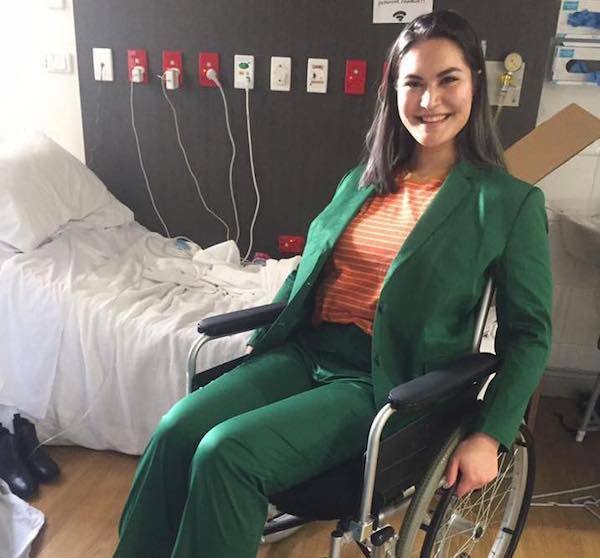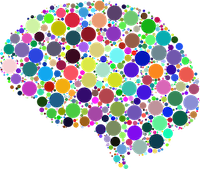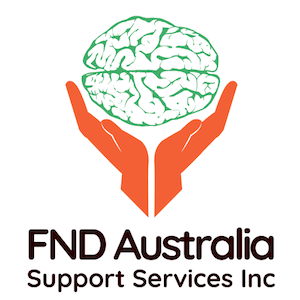correct FND diagnosis
Functional Neurological Disorder (FND) is one of the commonest diagnoses made in neurology, and is the second most common reason for a neurology consult after headache [cited in (Jon Stone & Carson, 2015)].
Diagnosis is made on the basis of positive clinical features, such as a Hoover sign and Tremor Entrapment Test (Carson et. al., 2015). FND is not a diagnosis of exclusion and can coexist with neurological disease. Tests and investigations are necessary to look for the presence of co-morbid neurological disease. In a person with FND these tests are generally normal.
Correct diagnosis of FND requires neurology involvement and neurologists are best placed to give and explain the diagnosis (Carson et. al., 2015) in a therapeutic manner.

What other illnesses do people with FND get diagnosed with?
People with FND may have a number of other co-morbid illnesses and conditions such as:
- Chronic pain
- Chronic fatigue
- Migraine
- Post-traumatic stress disorder and,
- Other mental health and neurological diseases.
These illnesses may exacerbate and impact FND symptoms and require treatment and management as part of a holistic body and mind treatment program.

Get your FND questions answered today
References
Stone, J., & Carson, A. (2015). Functional neurologic disorders. CONTINUUM: Lifelong Learning in Neurology, 21(3, Behavioral Neurology and Neuropsychiatry), 818-837.
